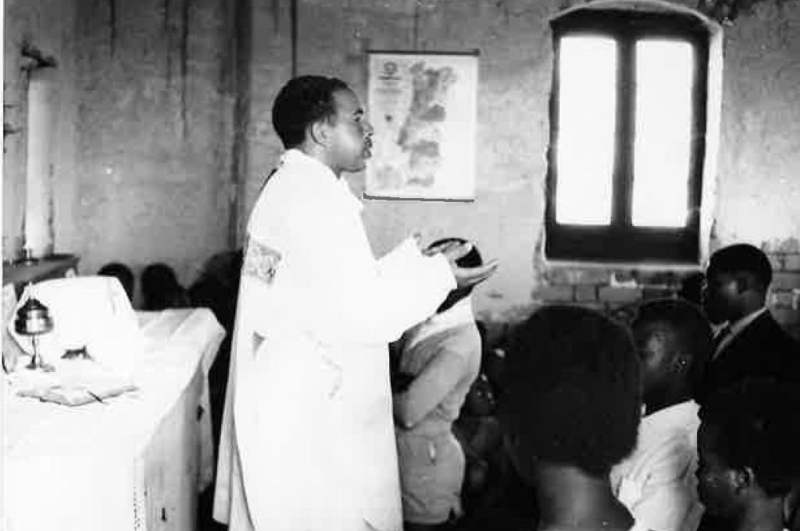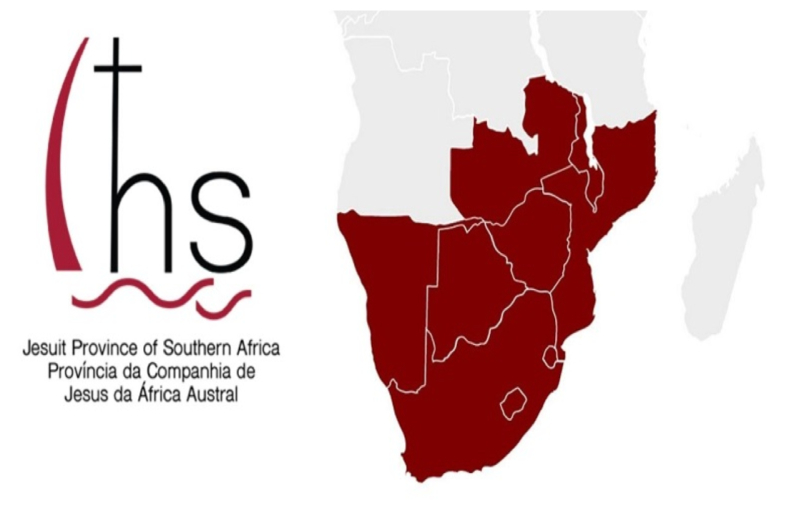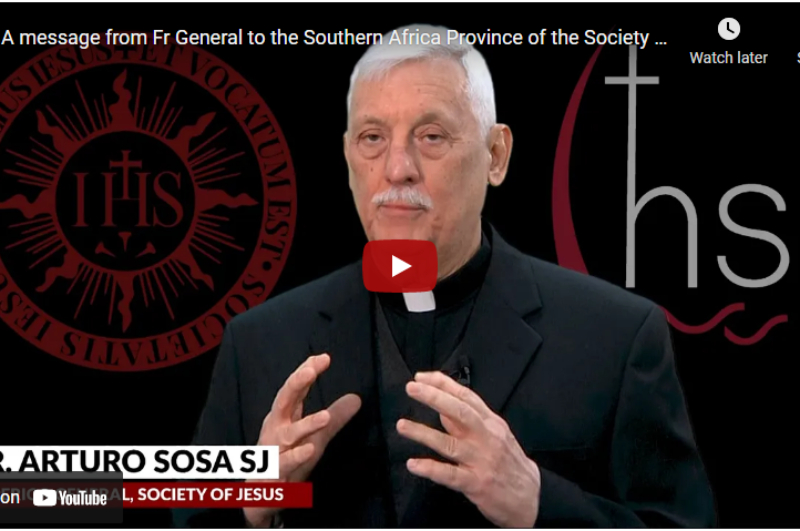


The Bishop of Tete will begin the process for their cause to the sainthood on 14 August. Below is a translation of the article by the Portuguese Jesuit website, Ponto SJ.
Father Sílvio Moreira, a Portuguese priest, and João de Deus, a Mozambican-born priest, were assassinated in 1985 at the Chapotera mission in Mozambique because they were inconvenient witnesses to the atrocities of the civil war. The Bishop of Tete will begin the process for their cause to the sainthood on 14 August. Below is a translation of the article by the Portuguese Jesuit website, Ponto SJ.
The diocese of Tete in Mozambique will begin the process of canonization for two Jesuits killed in 1985 at Chapotera mission. Father Sílvio Moreira, a 44-year-old from Portugal, and Father João de Deus Gonçalves Kamtedza, a 54-year-old Mozambican, were brutally murdered on 30 October 1985, by an armed group that took them from their home in Chapotera, assaulted them and left their bodies abandoned in the forest.
Although the perpetrators of the homicide were never established, Bishop Diamantino Antunes of Tete believes the two missionaries were killed because they denounced atrocities of the war, defended the dignity of the Angonian people and were, therefore, considered “inconvenient witnesses” to the abuses of political and law enforcement authorities. The diocese believes in their martyrdom and will propose their canonization in a process set to begin on 14 August 2021.
“The crime did not have religious motivations,” Bishop Antunes told Ponto SJ. “But martyrdom is not only about hatred of the faith but also of virtues linked to faith, such as justice or charity”.
The bishop was visiting Portugal to gather information and testimonies, and to consult the archives of the Portuguese Jesuit province, in order to advance the cause of canonization for these two Jesuits. He talked with several Jesuits and informed them of what had already happened in the process, and of what still needs to be done to elevate the two priests to the condition of martyr.
Bishop Antunes highlights the virtues of the two missionaries, who were deeply committed to the pastoral care and dignity of the people they served, even when it meant denouncing the climate of violence that was being experienced in the region and, thereby, put their own lives at risk. The existing records attest to their courage and their faithfulness to the people; helping to bury the dead (even in the face of threats from the authorities), offering pastoral encouragement to communities and administering the sacraments—sometimes in secret to avoid attracting the attention of the military forces. Marriage was an example of this, says the bishop of Tete, because the priests realised that after marriage, the army would come to recruit the groom for the war, leaving the wife on her own. They, therefore, started to celebrate them in secret.
Read full article {HERE}
Select Payment Method
Pay by bank transfer
If you wish to make a donation by direct bank transfer please contact Fr Paul Hamill SJ treasurer@jesuits.africa. Fr Paul will get in touch with you about the best method of transfer for you and share account details with you. Donations can be one-off gifts or of any frequency; for example, you might wish to become a regular monthly donor of small amounts; that sort of reliable income can allow for very welcome forward planning in the development of the Society’s works in Africa and Madagascar.
Often it is easier to send a donation to an office within your own country and Fr Paul can advise on how that might be done. In some countries this kind of giving can also be recognised for tax relief and the necessary receipts will be issued.



